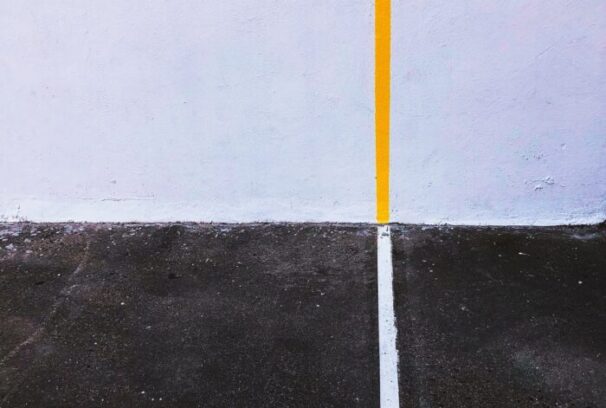Be it resolved, what you call political correctness, I call progress… from Munk Debates on Vimeo.
Political correctness seems to be one of the defining concepts and debates of our time. How do we decide as a society what is culturally acceptable and what is unacceptable, banished to the fringes of society? Can an open and liberal society deem some ideas and behaviors to be too dangerous or ill-founded to be allowed a platform? Or is the very foundation of a liberal society about freedom of speech and expression, no matter how subversive that speech may be? With what degree of strictness should we enforce and ensure that people conduct themselves in a way that is culturally acceptable?
Honestly, I don’t know.
But I think I do know that our cultures will always have taboos, lines of decency that the dominant culture forbids us to cross. And what falls under such taboos will constantly evolve. Something that might at one point be completely acceptable (see: blackface) may ultimately be deemed completely unacceptable. Something that might at one point be completely unacceptable (see: same-sex marriage) may soon become normalized in a society.
And there will always be those who subvert and antagonize the norm (i.e., be politically incorrect), purely for its own sake, regardless of the content of their subversion. As soon as we draw a line between the acceptable and unacceptable, there will always be some who subvert cultural norms, simply for the sake of doing so. The more some try to enforce sharp lines around acceptable and unacceptable, the more stridently others will work to assert their independence and freedom. In fact, this is what all the best comedians do – challenge us to rethink our assumptions, speak the unspeakable, reveal our shadows.
Knowing this, I worry: In advocating vehemently and forcibly for others to act in a way we deem acceptable (e.g., use politically correct language), do we inevitably create a backlash and in fact generate the type of behavior which we despise the most? Is it possible that the most effective way to bring about the respectful and caring behavior we so want is to tolerate behaviors that we find deeply intolerant and intolerable?


To those who rail against political correctness the definition of the term does not even mean what it actually means which is attempting to avoid unkind or offensive language. If the language we use does not have a consistent meaning how can we even have a conversation?
Yes. One thing I’ve seen is some people object to the stridency and nastiness through which others try to enforce kind/caring/respectful language. Fair enough. But then they use that objection to dismiss the importance and value of using kind/caring/respectful language altogether.